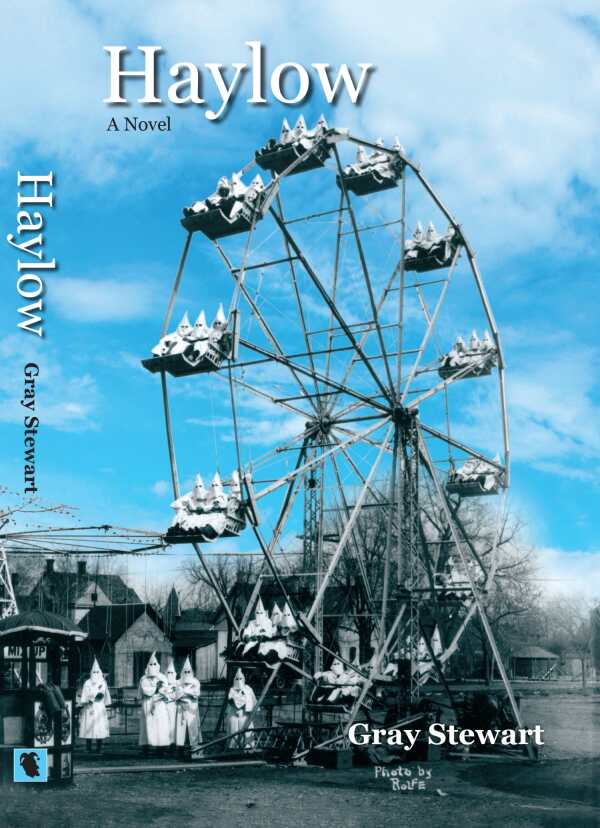Haylow
- 2016 INDIES Finalist
- Finalist, Literary (Adult Fiction)
With a surety of time and place, this biting novel depicts a South still marked by racism.
In Gray Stewart’s intriguing Haylow, Travis Hemperly is lured back to his hometown of Atlanta by a surprising job offer to teach history at one of the South’s oldest African-American colleges, as one of its few white faculty members.
Stewart’s knowledge of the South gives Haylow a surety of tone and place. The novel is set in 1996, after the Olympics close and the fanfare and chaos around them finally die down. Though Travis is a Georgia native, he’s lost his Southern accent after years up north; meanwhile, his father, Henry, is an old-guard Southerner and hosts a radio show on Confederate Talk Radio.
Stewart’s diverse characters form a cohesive story, related with insight and few judgments. Rhett, Travis’s shifty skinhead neighbor, hates the police, minorities, and even a few white people. Travis’s Uncle George, a “Budweiser and bourbon man,” lives in the Blue Ridge mountains with his fishing rod and rifle, trying to stave off old age and a changing world. Fellow professor A. B. Longman proves to be Travis’s true friend regardless of color lines, welcoming him to the realm of “Blackademia.” And Dr. Kwazi Kalamari—another faculty member—is particularly memorable, with radical beliefs now considered reactionary by the college administration.
Though Travis’s historical purview was never focused on African-American matters, his new teaching position broadens his perspective. He recalls a story his father once told, about the brutal murder of a black man, committed years ago near his family’s turpentine farm in Haylow, Georgia. Travis takes a spiraling path back to Haylow, a swampy town “full of meanness and snakes.” This quest, coupled with Dr. Kalamari’s outrage-inducing discovery of Henry’s radio program, causes Travis to inherit the sins of not just his father, but the generations before.
Through deftly alternating perspectives and with quiet, occasionally biting humor, Haylow depicts Atlanta at the end of the twentieth century, still marked by the Civil War and decades of racial conflict yet moving toward its future as a capital of the New South.
Reviewed by
Meg Nola
Disclosure: This article is not an endorsement, but a review. The publisher of this book provided free copies of the book to have their book reviewed by a professional reviewer. No fee was paid by the publisher for this review. Foreword Reviews only recommends books that we love. Foreword Magazine, Inc. is disclosing this in accordance with the Federal Trade Commission’s 16 CFR, Part 255.

